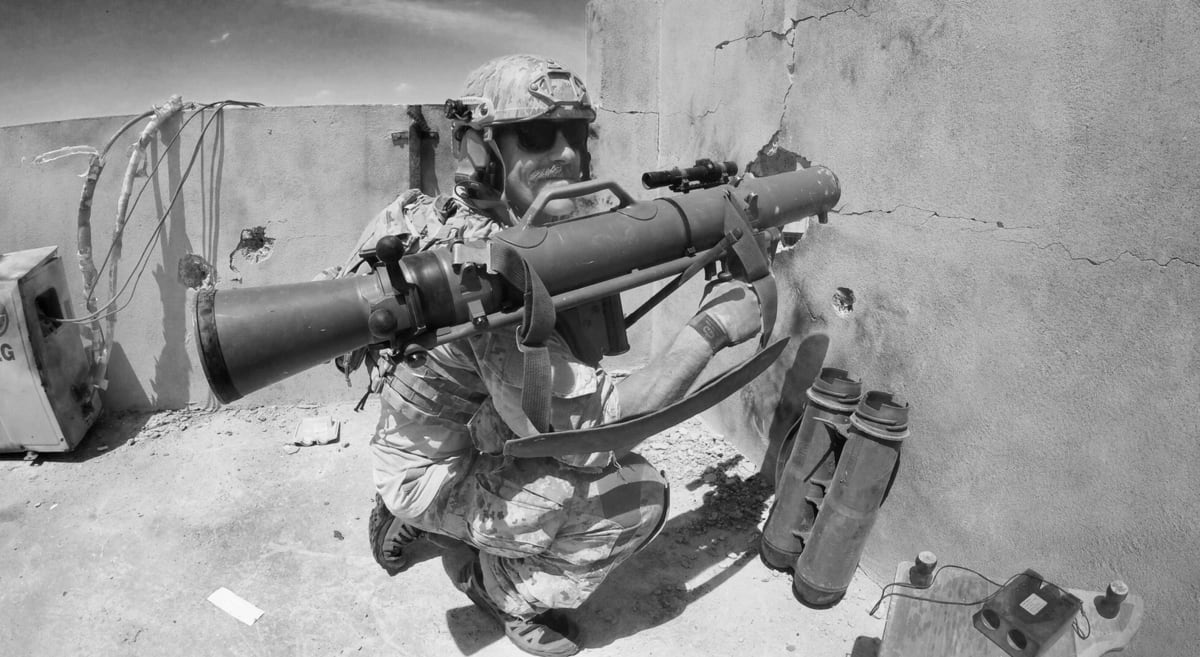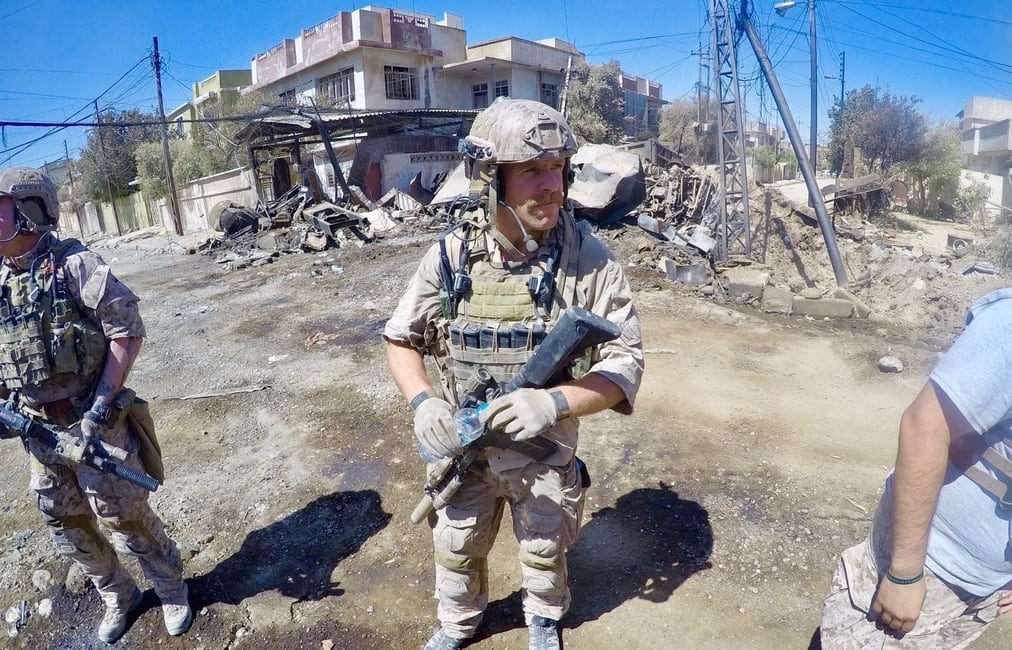The new commander of Navy Region Southwest, Rear Adm. Bette Bolivar, on Tuesday blocked two SEAL witnesses from getting total immunity from future prosecution stemming from an ongoing war crimes investigation.
In a brief letter sent to Timothy C. Parlatore, the lead civilian attorney defending Special Warfare Operator Chief Edward “Eddie” Gallagher, Bolivar indicated that they only deserved testimonial immunity — not transactional — when they take the stand in the SEAL’s May 28 court-martial trial on charges that include murdering an Iraqi prisoner of war in 2017.
That was extended to them by both her predecessor at Navy Region Southwest — Rear Adm. Yancy B. “Lurch” Lindsey, the initial convening authority in Gallagher’s court-martial trial — and the U.S. Attorney’s Office.
That protected them from prosecution based on what is testified in court, but Parlatore wanted transactional immunity extended so that other evidence, including the testimony of other SEALs, couldn’t be used against them by prosecutors after the trial.
In her letter, Bolivar told Parlatore that “it is well settled that testimonial immunity is sufficient to overcome concerns of self-incrimination. Furthermore, your presumption that these witnesses ‘provided false statements’ to investigators is an insufficient basis upon which to grant such a request.”
Gallagher is accused of stabbing to death a wounded detainee near Mosul in 2017 and then threatening SEAL witnesses in an effort to cover up his alleged crimes.

Prosecutors have asked Navy Times not to name the two SEALs because they are assigned to operational teams.
One is a special warfare operator first class and the other a second class. Internal correspondence, Naval Criminal Investigative Service files and court records provided to Navy Times reveal that they clammed up late last year after giving initial statements to NCIS agents last spring, and no one has been able to get them to talk since.
Partly that’s because they’re represented by Texas-based attorney Brian Ferguson, who, like Parlatore, has urged the Navy and Department of Justice to give them transactional immunity.
Even before a failed bid by military prosecutors to pry his clients away from him, Ferguson warned that his 14 SEALs and other service members tied to the case could assert their 5th Amendment rights on the stand, refusing to testify because of the risk of self-incrimination.
Or as NCIS agents have put it, they “Fergusoned” and couldn’t be interviewed again, according to internal law enforcement files provided to Navy Times.
Reached by Navy Times on Tuesday, Ferguson uttered a firm “no comment” to all questions.
Parlatore suspects that brief statements by Ferguson’s clients initially given to NCIS in mid-2018 were insufficiently vague, twisted by law enforcement or perhaps lies.
And unless they’re granted total immunity from future prosecution, they’ll be forced to commit perjury on the stand, he believes.
The second class petty officer allegedly backtracked on his initial statement and now believes Gallagher never stabbed the detainee in the neck, but rather knifed the boy in the torso — and only after he’d already died from battlefield wounds, according to government correspondence provided to Navy Times.
The first class petty officer allegedly was working alongside Gallagher and another SEAL to save the Iraqi’s life and could testify about any vital signs he displayed before passing away, Parlatore believes.
But he was convicted at a Sept. 20 non-judicial punishment proceeding for allegedly lying to investigators to cover up his own misconduct in a separate case, according to legal filings obtained by Navy Times.
Because Bolivar won’t grant transactional immunity from prosecution, that theoretically could mean the Navy charging the first class petty officer at court-martial for the same captain’s mast conviction, multiple lawyers tied to the case have argued.

But that’s not all.
If both the first class petty officer and other SEAL now refuse to testify against Gallagher, they risk being charged with disobeying a lawful order. If they repeat allegedly false testimony under oath in court, they risk perjury charges. And if they testify truthfully, they risk being prosecuted for initially making a false statement to investigators, Parlatore added.
In a “just so we are all clear on this” email message he fired off Tuesday to Lt. Austin J. Short, a Navy Region Southwest attorney, Parlatore asked whether the two SEALs “may now testify that they provided false statements to investigators and that SOC Gallagher did not murder the ISIS detainee, without any fear of prosecution for making false statements?”
RELATED

Navy Region Southwest officials declined comment, but Parlatore doubled down on his broadside when reached by Navy Times.
“There’s no reason not to give them the requested immunity if everyone believes that they’re going to give truthful testimony,” Parlatore said. “Eddie Gallagher believes that his best defense is the truth and we contend that the best way for the truth to come out is for these witnesses to testimony with no threat being held over their heads.”
In other pretrial news, last week Gallagher’s previous lead attorney, Phillip Stackhouse, filed a motion with the military court hearing the case to be removed from the SEAL’s legal team.
His departure follows that of Colby Vokey, a defense attorney with expertise in war crimes cases who exited in early March.




